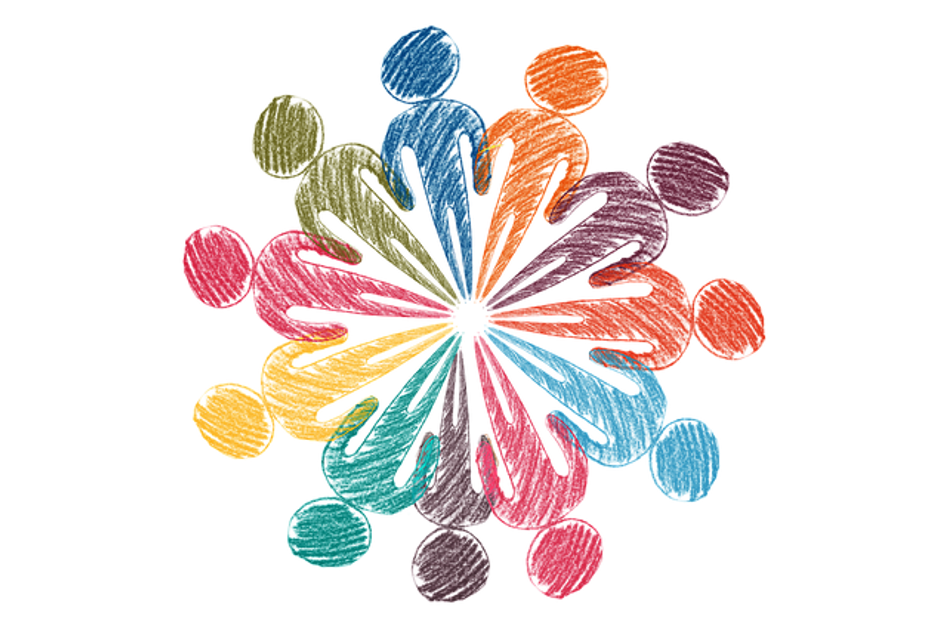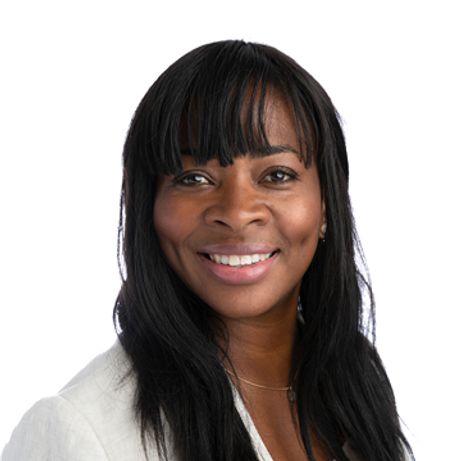Acknowledging Unconscious Bias
January 31, 2020
Elevateflex events diversity and inclusion equitability and inclusion unconscious bias synergy
Unconscious (or implicit) bias refers to the decisions we make, without thinking, which are based on the shortcuts our brain takes when assimilating information and making judgments. These biases are based on numerous factors including our upbringing and environment, as well as our personal views. For primitive humans, the ability to decide quickly that a wild animal is a threat quickly and act accordingly (run!), based on only a few factors was important to our survival, but today many of the decisions we make are much more nuanced.
As business leaders, our roles are those of professional decision-makers: we are paid to make decisions. Which begs the question: how do we make our decisions and what impact do those decisions have on others around us?
In a world where diversity and inclusion are increasingly becoming accepted as not just buzzwords but the secret sauce to a stronger, fitter, more dynamic, more profitable and happier team, unconscious bias awareness and training are more important than ever.
Unconscious bias in a business context can affect our decision-making in three crucial areas: hiring, promotion and retention. Thus, these are three key areas where we must take steps to check our biases.
With this backdrop in mind, we embarked on a mission to ensure that unconscious bias training is part of our DNA at Elevate. We are working to cultivate a platform for our colleagues to spark open conversations, empower them to speak out about how unconscious bias has affected them, and also to examine how their own biases, conscious or unconscious, affect the decisions they make. Finally, and crucially, we will equip our Associates with the tools to uncover their own bias and counter it with a tapestry of viewpoints and experiences to enable us to make wiser choices.
As a jumping-off point, we hosted the first of several Unconscious Bias Events. This first event was held in London in December 2019 and I’m glad to have this opportunity to share a little about the event, the planning involved in hosting, and the lessons learned.
Whether you are already addressing Unconscious Bias within your organization, or you are just beginning to consider doing so, we’d like to share a few pointers on what worked for us. I hope this will inspire you to take the next steps on your own journey to help foster diversity and inclusion, whether that’s through events like those we are hosting at Elevate, or another initiative more suited to your organization or industry.
Before the event
Awareness is key
The first step is simply being aware of our biases, the fact that we all have them, and that they impact our decisions. Hosting an unconscious bias event or training session should be a mixture of education, conversation, and reflection; helping people to understand how their brains work and to think about the decisions they make every day. Pause and take the time to consider these issues and think about how they may affect your colleagues.
Preparation
Before the event, we provided some relevant information and materials to participants, including the opportunity to take the Harvard Implicit Bias Test. We posed a series of questions to our volunteer participants and created video recordings of their responses to gather different perspectives and provide conversation starters. Questions included:
- What does the term ‘unconscious bias’ mean to you?
- What examples of unconscious bias have you experienced in your career?
- What do you think about the impact of unconscious bias here at Elevate?
During the Event
Education
The agenda for our event included a guest speaker, and we were delighted to have newly-appointed Elevate board member Christina Blacklaws address the group regarding unconscious bias and its impact on women in law (The impact of conscious bias has been clear. It was not lawful for women to become solicitors or join the Bar until 1919, and last year, we celebrated the centenary of that change).
Freedom and Space
We provided participants with space, not just to speak freely, but to listen and hear each other’s experiences and see things from one another’s perspectives. Our group consisted of colleagues from every level within the organization, from Associates who were new to Elevate, to consultants and contractors, Directors, Vice Presidents, and the company President. We also had participants from varying areas within the business, to provide diversity in experience from which all participants could learn. One of the most successful elements of the event was the ability and willingness for individuals to share their truth, to see that truth reflected back at them, and the opportunity for others to gain insight into the workings of the minds of others.
After the Event
Outcomes and Revelations
We learned from the facts, and more importantly from each other. There was a genuine feeling that the event, and the forum it provided, sparked conversations that would not have occurred otherwise in the course of normal business, and created connections between colleagues who would otherwise not have had the opportunity to connect in such a frank and honest manner, or even at all.
A dialogue was created so that the issues raised may be addressed and discussed after the session. We made an agreement that we would now be able to call out unconscious bias when and where we see it occurring, and we reached a new level of comfort in discussing the uncomfortable.
One of the common themes was that while everyone participating was on board with the message, by virtue of participating, we were already self-selecting as interested and open to the discussion of unconscious bias. We acknowledged as a group that an area where these discussions can be more difficult is when dealing with customers. As resource and service providers, what do you do when the conversation with your customer is uncomfortable and displays their biases? This is a topic we will be discussing in future events.
The Path Ahead
Next Steps
The positive impact of the unconscious bias sessions are being rolled out across our teams globally. We are employing methods such as ‘Train the Trainer,’ implementing specific improvements in our hiring, development and retention policies, and rolling out more unconscious bias events across the globe with the goal of improving and evolving the content as we learn. In gathering additional data, we expect that conversations will be different across the globe, however, we will put our own presuppositions aside and let the conversations speak for themselves as we continue to learn from one another.
Making diversity work can be a challenge, and it takes willingness from the top to provide leadership and humility on the issue, and to actively listen–allowing others to share their truth and genuine interest in their points of view.
Unconscious bias is not an issue that we can have fatigue with. If you’re fed up with hearing about unconscious bias, it’s time to shelve that feeling, because these conversations aren’t going away. In fact, we’re just getting started.
If you are interested in learning more about this topic here are some suggested sites:
Back to Expertise

 Denise Nurse
Denise Nurse